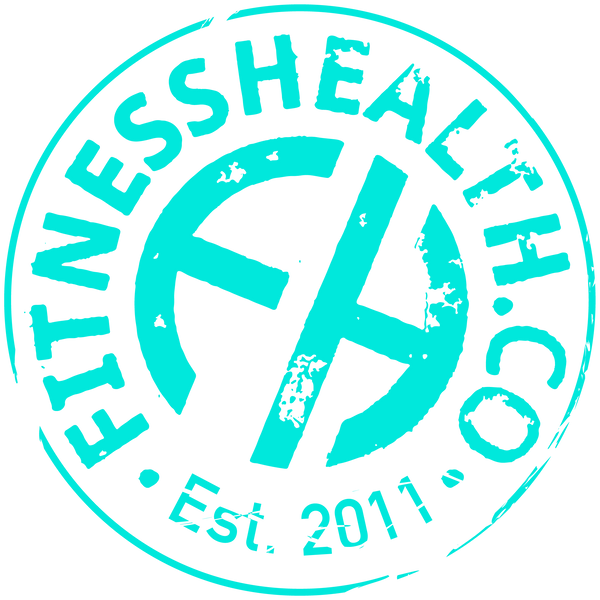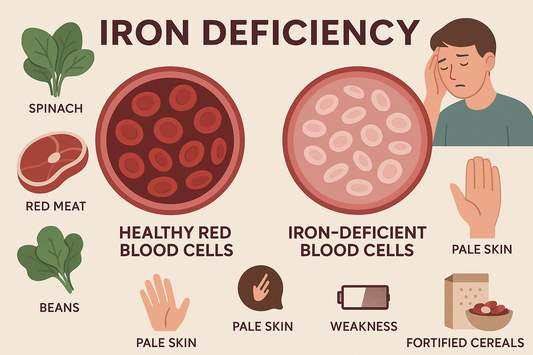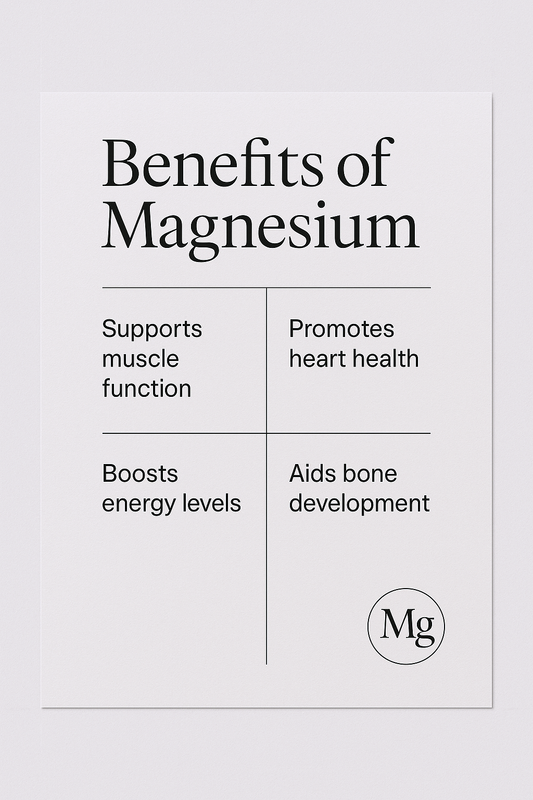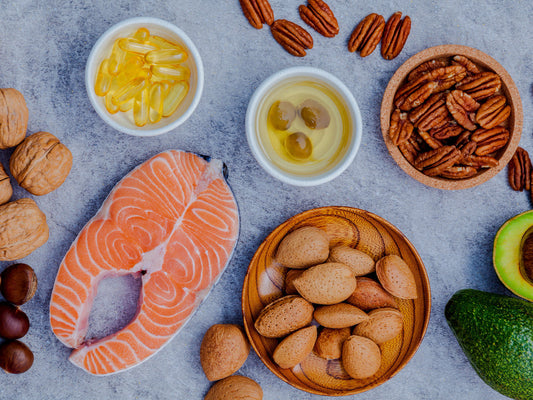Night sweats can be incredibly disruptive to sleep and quality of life, leaving you drenched and exhausted. While the term "cure" suggests a complete elimination, the reality is that effective management of night sweats often involves identifying and addressing underlying causes while implementing targeted relief strategies. Understanding the various approaches available can help you find the most effective solution for your specific situation.

Identifying and Addressing Root Causes
The most effective approach to resolving night sweats involves identifying and treating the underlying cause, as this addresses the problem at its source rather than just managing symptoms.
Hormonal fluctuations, particularly during menopause and perimenopause, are the most common cause of night sweats in women. Declining estrogen levels disrupt the body's temperature regulation system, causing inappropriate heat responses. Hormone replacement therapy (HRT) can be highly effective for hormonal night sweats, though it requires careful consideration of risks and benefits with healthcare providers.
Medications are another frequent culprit, with antidepressants, blood pressure medications, diabetes drugs, and hormone therapies all potentially causing night sweats as side effects. Working with your doctor to adjust dosages, timing, or switch to alternative medications can sometimes completely resolve the problem.
Medical conditions including hyperthyroidism, diabetes, sleep apnea, certain cancers, and infections can all cause night sweats. Proper diagnosis and treatment of these underlying conditions often leads to significant improvement or complete resolution of night sweating.
Lifestyle factors such as stress, anxiety, alcohol consumption, spicy foods, and obesity can trigger or worsen night sweats. Addressing these factors through stress management, dietary changes, and weight management can provide substantial relief.
Medical Treatments and Interventions
When underlying causes are identified, specific medical treatments can be highly effective for resolving night sweats.
Hormone replacement therapy remains one of the most effective treatments for menopausal night sweats, with studies showing 80-90% reduction in symptoms for many women. Both systemic and low-dose vaginal estrogen preparations can be effective, though the approach depends on individual risk factors and preferences.
Non-hormonal medications have shown effectiveness for night sweats when hormones aren't appropriate or desired. Selective serotonin reuptake inhibitors (SSRIs) like paroxetine and venlafaxine can reduce hot flashes and night sweats by 50-60% in many people. Gabapentin, originally an anti-seizure medication, has also shown significant benefits for night sweats.
Clonidine, a blood pressure medication, can help reduce night sweats by affecting the brain's temperature regulation center. While not as effective as hormones, it can provide meaningful relief for people who cannot use other treatments.
Oxybutynin, typically used for bladder issues, has emerged as an effective off-label treatment for night sweats, particularly those related to medications or medical treatments like chemotherapy.
Advanced Cooling and Environmental Solutions
Creating an optimal sleep environment and using targeted cooling technologies can provide immediate and ongoing relief from night sweats.
Temperature-controlled sleep systems offer precise environmental control that can prevent night sweats from occurring. These systems maintain consistent bedroom temperatures and can be programmed to gradually cool throughout the night as body temperature naturally rises during certain sleep phases.
Cooling mattresses and mattress toppers use various technologies including gel infusion, phase-change materials, or active cooling systems to maintain comfortable sleeping temperatures. These can be particularly effective for people whose night sweats are triggered by environmental heat buildup.
Moisture-wicking bedding systems go beyond simple fabric choices to create comprehensive sleep environments that manage both temperature and humidity. Advanced textile technologies can move moisture away from the body while providing cooling effects through evaporation.
Personal cooling devices, including bedside fans with programmable settings, cooling pillows that maintain consistent temperatures, and even wearable cooling devices, can provide targeted relief during night sweat episodes.
Smart home integration allows for automated responses to night sweats, with systems that can detect temperature changes and automatically adjust room temperature, fan speeds, or humidity levels to prevent or minimize sweating episodes.

Comprehensive Lifestyle Modifications
Systematic lifestyle changes can eliminate or significantly reduce night sweats by addressing multiple contributing factors simultaneously.
Dietary modifications can have profound effects on night sweat frequency and intensity. Eliminating or reducing alcohol, caffeine, spicy foods, and high-sugar foods, particularly in the evening, can prevent many night sweat episodes. Some people find that identifying and avoiding personal food triggers through elimination diets provides complete relief.
Weight management can be transformative for night sweats, as excess weight contributes to temperature regulation difficulties and hormonal imbalances. Even modest weight loss of 10-15 pounds can lead to significant improvements in night sweat frequency and severity.
Exercise timing and type can influence night sweats. While regular exercise generally improves sleep quality and hormone balance, vigorous exercise within 3-4 hours of bedtime can trigger night sweats. Finding the right balance of activity timing often resolves exercise-related night sweating.
Stress management through comprehensive approaches including therapy, meditation, relaxation techniques, and lifestyle changes can eliminate stress-induced night sweats. Since stress can also worsen other causes of night sweats, stress reduction often provides benefits regardless of the primary cause.
Sleep hygiene optimization creates conditions that prevent night sweats while improving overall sleep quality. This includes consistent sleep schedules, optimal room temperature, appropriate sleepwear, and pre-sleep routines that promote temperature regulation.
Targeted Supplementation and Natural Approaches
While I covered natural remedies extensively in our previous discussion, certain approaches can be so effective that they essentially eliminate night sweats for many people.
Black cohosh supplementation has provided complete relief from menopausal night sweats for many women, with clinical studies showing effectiveness comparable to low-dose hormone therapy for some individuals. Standardized extracts providing 40-80mg daily have shown the most consistent results.
Sage extract, particularly when used consistently over several months, can dramatically reduce or eliminate excessive sweating including night sweats. Some people find that sage supplementation combined with topical sage preparations provides complete control over sweating episodes.
Magnesium deficiency correction can eliminate night sweats in people whose symptoms are related to mineral imbalances. High-dose magnesium supplementation (400-600mg daily) combined with other supportive minerals sometimes provides complete resolution within weeks.
Vitamin D optimization has led to complete elimination of night sweats in some people with deficiency-related symptoms. Achieving optimal blood levels (40-60 ng/mL) through supplementation and lifestyle changes can provide dramatic improvements.

Timing-Based Interventions
Understanding the timing patterns of night sweats can lead to targeted interventions that prevent episodes from occurring.
Pre-sleep cooling protocols involve systematically lowering body temperature before sleep through cool showers, ice packs applied to pulse points, or cooling clothing worn during the pre-sleep routine. This proactive approach can prevent the temperature spikes that lead to night sweats.
Meal timing adjustments can eliminate food-triggered night sweats. Finishing meals at least 3-4 hours before bedtime and avoiding trigger foods in the evening prevents digestive heat generation that can cause sweating episodes.
Medication timing optimization, when done under medical supervision, can minimize night sweat side effects. Taking medications that cause sweating earlier in the day or switching to extended-release formulations can sometimes eliminate nighttime symptoms.
Hormone timing, for people using hormone replacement therapy, can be optimized to minimize night sweats. Some people find that taking hormones at specific times or using different delivery methods eliminates breakthrough symptoms.
Technology-Assisted Solutions
Advanced technologies offer increasingly sophisticated solutions for night sweat management and prevention.
Sleep monitoring devices can track temperature patterns, sleep stages, and environmental factors to identify triggers and optimal intervention timing. This data allows for personalized adjustments that can eliminate night sweats through precise environmental and behavioral modifications.
Automated cooling systems respond to body temperature changes in real-time, providing cooling before sweating begins. These systems can learn individual patterns and provide increasingly precise interventions over time.
Wearable cooling devices that can be worn during sleep provide continuous temperature regulation without disrupting sleep. Advanced models use thermoelectric cooling to maintain comfortable skin temperatures throughout the night.
Smart textiles incorporate cooling technologies directly into sleepwear and bedding, providing continuous temperature management that adapts to changing conditions throughout the night.
Combination Approaches for Maximum Effectiveness
The most successful "cures" for night sweats often involve combining multiple approaches that address different aspects of the problem simultaneously.
Medical plus lifestyle combinations might include hormone therapy or medication adjustments combined with comprehensive lifestyle modifications including diet, exercise, stress management, and sleep environment optimization.
Multi-modal natural approaches could combine targeted supplementation with environmental modifications, dietary changes, and stress reduction techniques, creating synergistic effects that eliminate symptoms more effectively than any single intervention.
Personalized protocol development involves systematic testing and refinement of different combinations to identify the most effective approach for individual circumstances, triggers, and underlying causes.
Monitoring and Long-Term Success
Achieving lasting relief from night sweats requires ongoing monitoring and adjustment of successful interventions.
Tracking systems help identify which interventions provide the most benefit and when adjustments might be needed. This includes monitoring symptom frequency, intensity, triggers, and responses to different treatments.
Maintenance strategies ensure that successful interventions continue working over time. This might involve ongoing medication management, lifestyle habit maintenance, or periodic reassessment of underlying causes.
Adaptation protocols help adjust approaches as circumstances change, such as during seasonal variations, life stress changes, or aging-related hormonal shifts.

Success Rates and Realistic Expectations
Understanding typical success rates helps set appropriate expectations for different approaches to night sweat resolution.
Hormonal treatments for menopausal night sweats show success rates of 80-90% for significant improvement, with many people experiencing complete resolution. However, these treatments aren't appropriate for everyone and require ongoing medical management.
Lifestyle modifications can eliminate night sweats completely for people whose symptoms are primarily related to environmental, dietary, or stress factors. Success rates vary widely but can be very high when triggers are clearly identified and consistently avoided.
Natural approaches show variable success rates, with some people experiencing complete relief while others achieve partial improvement. The key is often finding the right combination of approaches for individual circumstances.
Medical treatment of underlying conditions can provide complete resolution when night sweats are secondary to treatable medical problems. Success depends on accurate diagnosis and effective treatment of the primary condition.

When to Seek Immediate Medical Attention
While many night sweats can be managed effectively with the approaches described, certain situations require immediate medical evaluation.
Sudden onset of severe night sweats, especially when accompanied by fever, weight loss, fatigue, or other concerning symptoms, may indicate serious medical conditions requiring prompt diagnosis and treatment.
Night sweats that don't respond to appropriate interventions after 2-3 months of consistent effort may indicate underlying medical conditions that need professional evaluation and treatment.
Night sweats that significantly worsen over time or are accompanied by new symptoms should be evaluated to rule out progressive medical conditions.
The most effective approach to "curing" night sweats involves identifying the specific cause and implementing targeted interventions that address the root problem. While complete elimination isn't always possible, the vast majority of people can achieve significant relief or complete resolution through appropriate combination of medical treatment, lifestyle modifications, environmental optimization, and targeted natural approaches. The key is systematic evaluation, consistent implementation of chosen strategies, and ongoing adjustment based on results. Working with healthcare providers ensures that underlying medical causes are properly addressed while optimizing the safety and effectiveness of chosen interventions.













